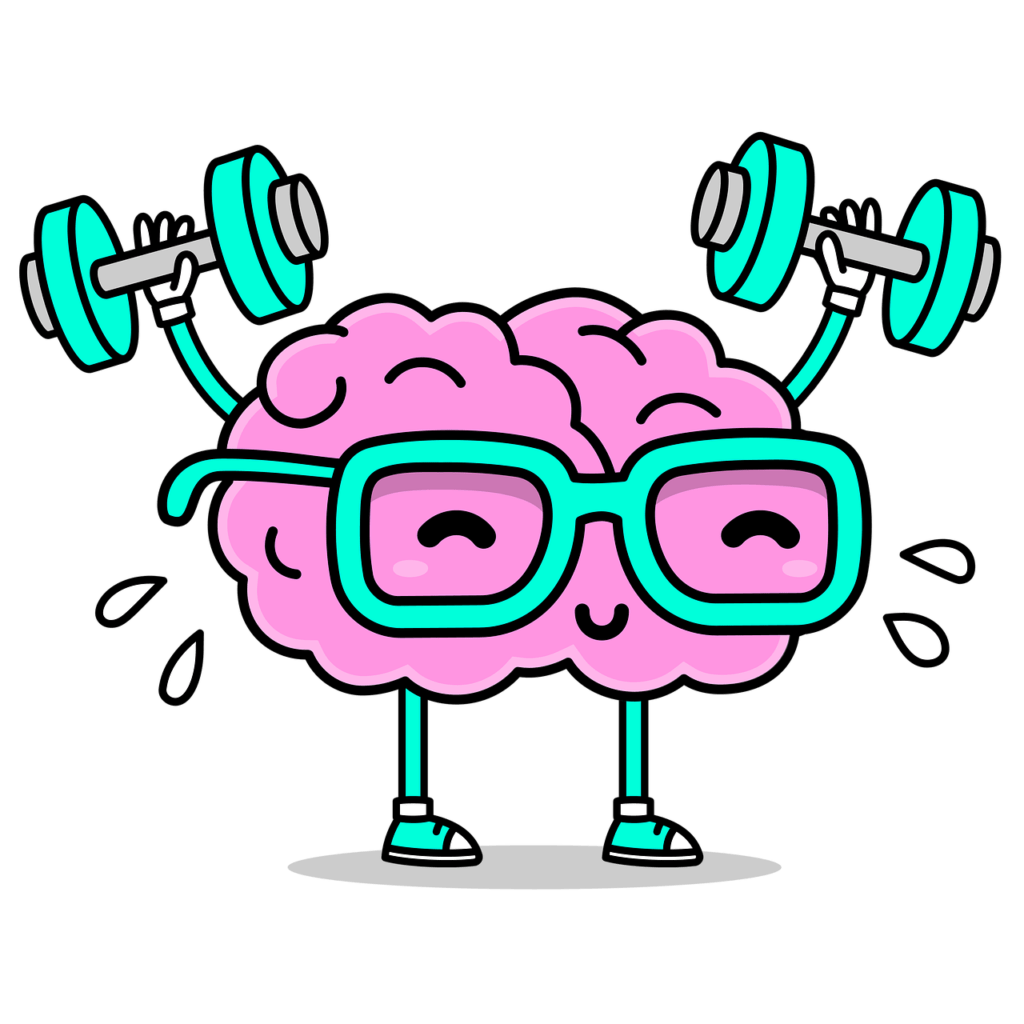Embarking on the journey of self-improvement often involves honing our cognitive abilities. In this guide on “How to Become a Better Thinker,” we delve into actionable steps, insightful anecdotes, and practical advice to help you unlock the full potential of your mind.
Here is a list of 15 tips to become a better thinker:

1. Embrace Continuous Learning
Fuel your cognitive growth by cultivating a mindset of perpetual learning. Dive into diverse subjects, explore new hobbies, and challenge your intellect regularly. Learning is the key to expanding your cognitive horizons.
2. Cultivate Critical Thinking
Developing critical thinking skills is paramount to enhancing your cognitive abilities. Analyze information critically, question assumptions, and seek different perspectives. This habit not only sharpens your mind but also fosters a more discerning thought process.
3. Mindful Meditation for Clarity
Incorporate mindfulness meditation into your routine to declutter your mind. This practice enhances focus, reduces stress, and promotes clarity of thought. A clear mind is fertile ground for improved cognitive functions.
4. The Power of Positive Thinking
Positive thinking isn’t just a cliché; it has tangible benefits for your cognitive health. Cultivate an optimistic mindset to stimulate creative thinking and problem-solving. Positivity can be a catalyst for unlocking your cognitive potential.
5. Physical Exercise and Mental Agility
Engage in regular physical exercise to promote optimal brain function. Physical activity increases blood flow to the brain, fostering neurogenesis and enhancing cognitive abilities. A healthy body contributes to a healthy mind.
6. Effective Time Management
Strategically manage your time to avoid cognitive overload. Prioritize tasks, set realistic goals, and allocate time for mental breaks. A well-managed schedule ensures optimal cognitive performance.
7. Diversify Your Reading Habits
Expand your intellectual repertoire by diversifying your reading habits. Explore literature, scientific articles, fiction, and non-fiction. Exposure to varied content stimulates different areas of your brain, promoting cognitive flexibility.
8. Seek Constructive Feedback
Embrace constructive criticism as a tool for growth. Solicit feedback from peers or mentors to gain valuable insights into your thought processes. Constructive criticism is a stepping stone to becoming a more refined thinker.
9. Mind Mapping for Enhanced Creativity
Employ mind-mapping techniques to enhance creativity and problem-solving skills. Visualizing ideas fosters connections in your brain, leading to innovative thinking. Mind maps are a powerful tool for organizing thoughts and fostering creativity.
10. The Role of Sleep in Cognitive Function
Prioritize quality sleep to optimize cognitive function. Rest is essential for memory consolidation, learning, and overall mental well-being. A well-rested mind is more alert, focused, and capable of complex thinking.
11. Stay Curious, Stay Sharp
Cultivate a curious mindset to keep your cognitive faculties sharp. Ask questions, explore new subjects, and stay inquisitive. Curiosity fuels intellectual growth and ensures your mind remains agile and adaptable.
12. Technology and Cognitive Enhancement
Leverage technology mindfully to enhance cognitive capabilities. Use apps, games, and platforms to challenge your brain and boost cognitive functions. Embrace the positive aspects of technology for mental stimulation.
13. Social Interaction and Cognitive Health
Engage in meaningful social interactions to foster cognitive health. Discussions with others expose you to diverse perspectives, challenging your thinking and broadening your mental horizons. Social engagement is a vital aspect of cognitive well-being.
14. Balanced Nutrition for Brain Power
Fuel your brain with a balanced and nutritious diet. Omega-3 fatty acids, antioxidants, and vitamins play crucial roles in cognitive function. Prioritize foods that nourish your brain for sustained mental vitality.
15. Reflection and Self-Awareness
Regularly reflect on your thoughts, actions, and decisions. Developing self-awareness allows you to understand your thinking patterns better. This introspection is the cornerstone of becoming a more conscious and refined thinker.
How to Become a Better Thinker

Embarking on the journey to becoming a better thinker requires commitment and a proactive approach to self-improvement. Start by incorporating the following practices into your daily life:
- Set aside dedicated time for learning. Allocate specific time slots for learning new skills, exploring subjects of interest, and staying informed on current affairs.
- Practice mindfulness daily. Dedicate at least 10–15 minutes each day to mindful meditation. Focus on your breath, observe your thoughts, and cultivate a sense of presence.
- Challenge your assumptions. Actively question your beliefs and assumptions. Seek alternative viewpoints and consider different perspectives to broaden your understanding.
- Engage in regular physical exercise: Incorporate at least 30 minutes of physical activity into your daily routine. Physical exercise is integral to cognitive well-being, whether it’s a brisk walk, jog, or workout.
By consistently incorporating these practices, you pave the way for continuous cognitive enhancement. This will surely help you become a better thinker.
Also read: Reverse Psychology When Someone Ignores You
Conclusion
Becoming a better thinker is a transformative journey that involves continuous learning, mindfulness, and a proactive approach to self-improvement. By embracing diverse strategies and incorporating them into your daily life, you unlock the full potential of your cognitive abilities. Start your journey today and witness the positive impact on your thinking and decision-making processes.


